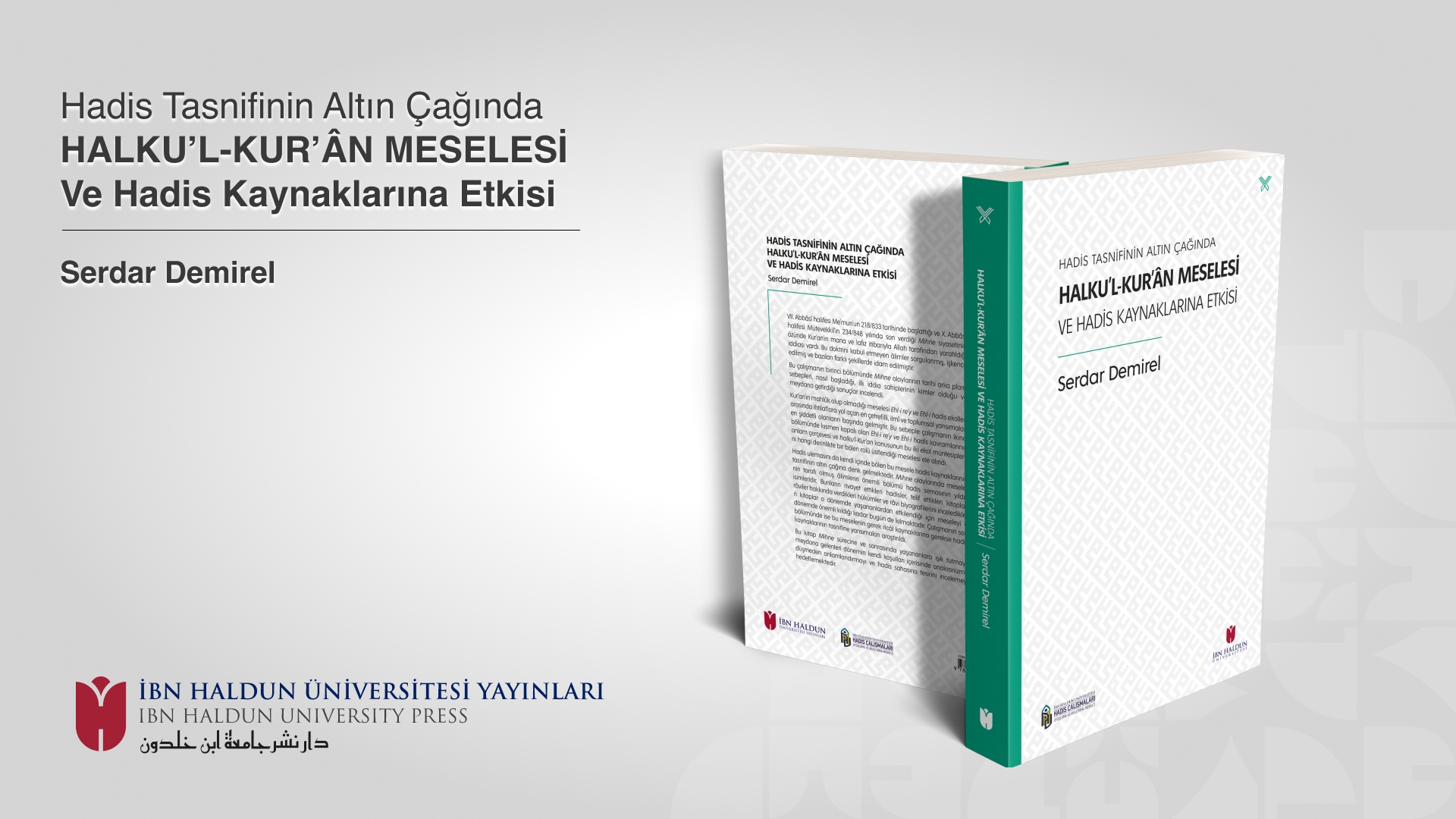


The essence of the Mihna policy, initiated by the VII Abbasid Caliph Ma'mun in 218/833 and ended by the X Abbasid Caliph Mutawakkil in 234/848, was the claim that the Qur'an was created in terms of both its meaning and words by Allah.
Scholars who did not accept this doctrine were questioned, tortured, and some were executed in various ways. The first chapter of this study examines the historical background of the Mihna events, their causes, how they started, who the initial claimants were, and the consequences they produced. The issue of whether the Qur'an is created has been one of the most complicated, scientifically challenging, and socially impactful disputes between the schools of Ahl-i ra'y and Ahl-i hadith.
Therefore, the second chapter partially deals with the meaning frameworks of the terms Ahl-i ra’y and Ahl-i hadith, and the divisive role the issue of Halku'l-Qur'an played among the adherents of these two schools. This issue, which also divided the scholars of hadith among themselves, coincides with the golden age of hadith classification. Many scholars who were involved in the Mihna events are significant figures in the realm of hadith. The hadiths they narrated, the books they authored, the judgments they made about narrators, and the biographies of narrators they studied in their books were influenced by the events of that period, making the issue as significant today as it was then. The final chapter of the study investigates the reflections of this issue on both the sources of narrators (Ilm Rijal) and the classification of hadith sources.
This book aims to shed light on the Mihna process and subsequent events, to interpret what happened within the conditions of the time without anachronism, and to examine its impact on the field of hadith.